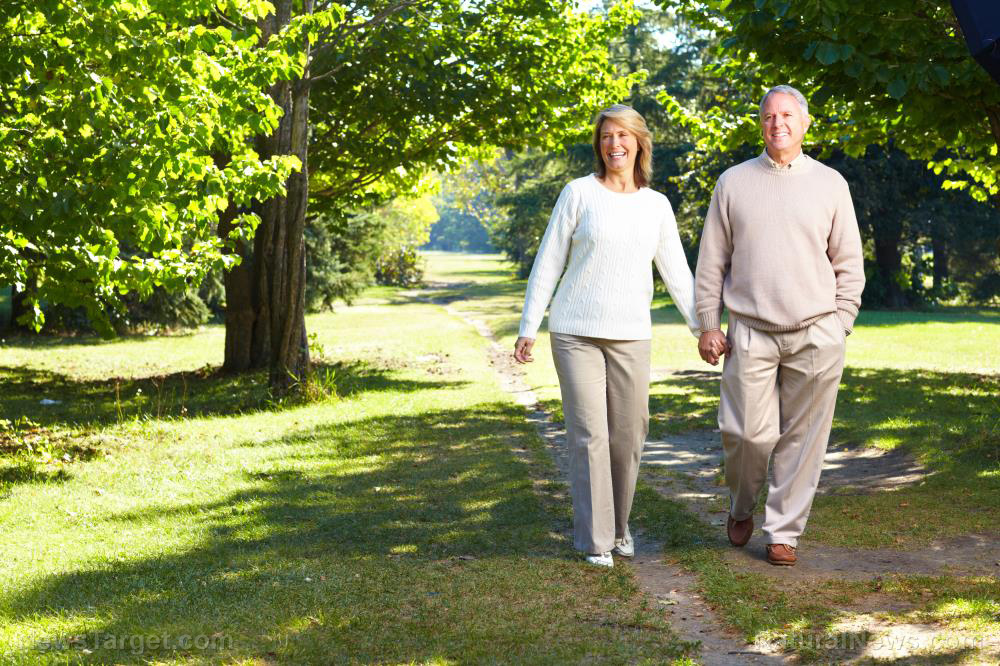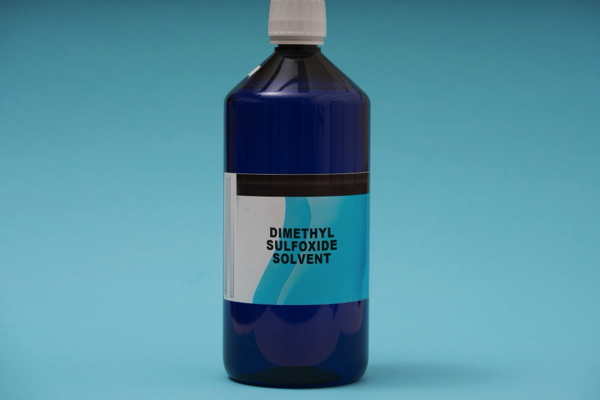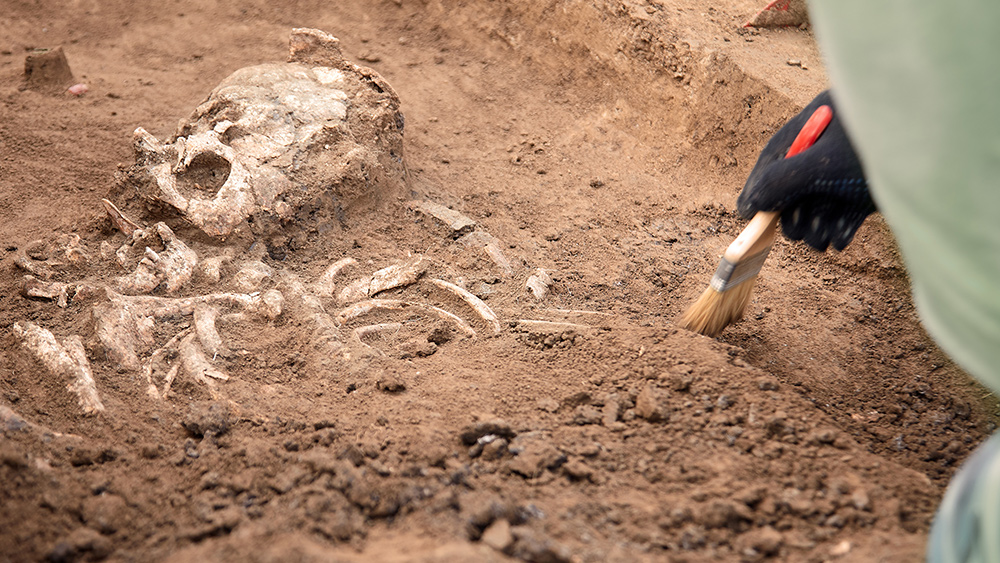 Parler
Parler Gab
Gab
- Heart disease is America’s top killer, but new research shows moving more, sitting less, and prioritizing sleep can drastically reduce the risk of a second heart attack.
- Replacing just 30 minutes of daily sitting with moderate exercise cuts the risk of another cardiac event by 61%, while light activity reduces it by 50% and extra sleep by 14%.
- Prolonged sitting more than doubles the risk of another heart attack, even for those who exercise regularly, proving sedentary behavior is toxic to recovery.
- Light activities like cooking or short walking breaks are nearly as effective as intense workouts, and sleep is a powerful restorative tool for heart health.
- Modern lifestyles promote inactivity, but small changes like walking meetings or standing breaks can rebel against the sitting epidemic and save lives.
The deadly cost of sitting
For decades, heart attack patients were prescribed bed rest in a practice now known to be lethal. "Fifty years ago, coronary patients were put on bed rest for six weeks post heart attack, and more than 20 percent died within a year," says Dr. Eleanor Levin, a Stanford cardiologist. Today, early mobilization involving moving within days of hospitalization has cut that mortality rate to 5%. Yet modern lifestyles still sabotage recovery. The study tracked 600 heart attack survivors and found those sitting over 14 hours daily more than doubled their risk of another cardiac event. "Sedentary behavior is a toxic, harmful behavior which can impact recovery," warns lead researcher Dr. Keith Diaz of Columbia University. Even patients who exercised regularly faced higher risks if they spent long hours sitting. "Exercise is just the tip of the iceberg," Diaz emphasizes. "It only accounts for [approximately] 2% of the day for those who actually do it."Movement and sleep as medicine
The study’s most striking revelation? Intensity isn’t the key; consistency is. Light activities like cooking or gardening reduced risk nearly as effectively as vigorous exercise. "Doing something is better than doing nothing," says Diaz. For those intimidated by gyms, five-minute walking breaks every half-hour neutralized the blood pressure and blood sugar spikes caused by sitting. Replacing sitting with sleep lowered risk by 14%, a critical finding for recovery. "Sleep is healthier than sitting," Diaz explains. "It’s a restorative behavior that helps the body and mind recover." Poor sleep fuels inflammation and hypertension, which are key drivers of heart disease. For patients wary of exercise, prioritizing sleep offers a manageable first step.The corporate conspiracy against movement
Modern life is engineered for sedentary behavior, from desk jobs to binge-watching culture. Meanwhile, Big Pharma profits from treating symptoms rather than empowering prevention. The solution is simple but radical: Rebel against the sitting epidemic. Swap screen time for movement, take walking meetings, and demand workplaces that prioritize health over productivity. As Diaz urges, "Sitting less and moving or sleeping a little more can make a real difference." For heart attack survivors and anyone seeking longevity, this research proves that the body’s innate need for movement cannot be outsourced to pills. The prescription for life isn’t found in a bottle. It’s in the courage to stand up. Sources for this article include: EverydayHealth.com MedicalNewsToday.com Independent.co.ukFrom lab solvent to lifesaver: DMSO’s potential for brain, heart, pain and cancer treatment
By Olivia Cook // Share
Bananas: A versatile superfood with global appeal
By Laura Harris // Share
Four top health benefits of pumpkin
By News Editors // Share
Vitamin D3 supplements slow aging by protecting telomeres, study reveals
By Cassie B. // Share
Ancient human ancestors found in submerged Indonesian homeland
By Willow Tohi // Share
Study: Mouth bacteria possible culprit of chronic pain
By Ava Grace // Share
Governments continue to obscure COVID-19 vaccine data amid rising concerns over excess deaths
By patricklewis // Share
Tech giant Microsoft backs EXTINCTION with its support of carbon capture programs
By ramontomeydw // Share
Germany to resume arms exports to Israel despite repeated ceasefire violations
By isabelle // Share










